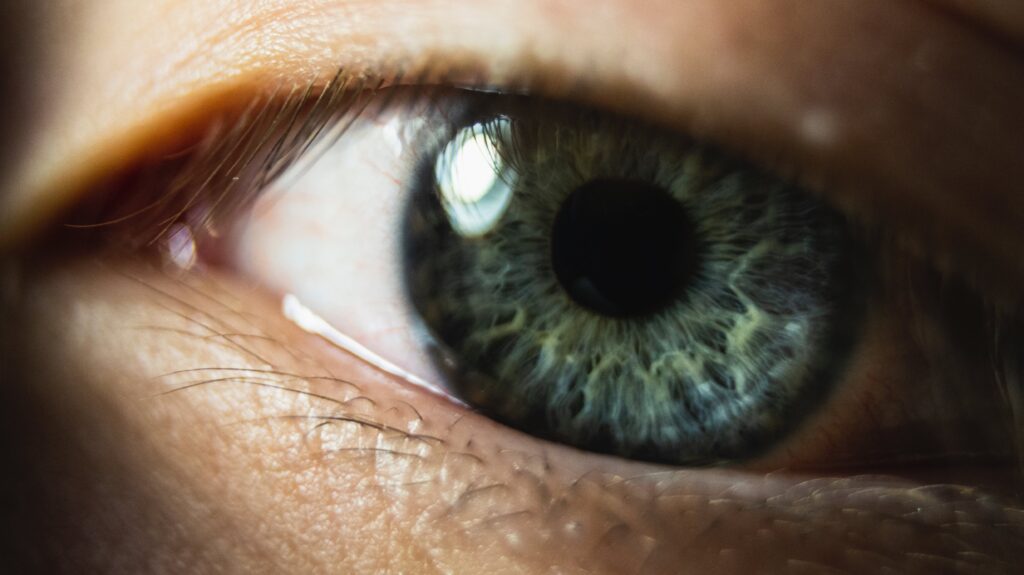In a normal eye, the cornea is shaped like a dome. When the cornea changes shape and begins to resemble a cone shape, this is a condition called keratoconus. This condition can impact your vision, requiring some form of treatment. Here is what you should know.
What Is Keratoconus?
Keratoconus is a condition that impacts the cornea in the eye. Individuals with this condition may experience bulging in the cornea or the clear, central area located on the front surface of the eye.
How Does Keratoconus Impact Your Vision?
Keratoconus can impact vision by warping the smooth surface of the eye. This creates an irregular astigmatism that cannot typically be corrected with glasses. As the cornea’s front area steepens into a dome shape, the eye can become more nearsighted, which can require eyeglasses to correct.
What Are the Symptoms of Keratoconus?
Individuals who have keratoconus may experience an array of symptoms. These include:
- Sensitivity to light
- Seeing bright lights or halos around the eyes
- Having double vision when looking out of one eye only
- Vision that gradually worsens in one or both eyes
- Vision that gradually becomes distorted
Although the cause of keratoconus is mainly unknown, many believe that it can be genetic and run in families. However, it can also happen to individuals with certain medical conditions.
What Are the Treatment Options?
Several treatment options are available to help lessen the impact of keratoconus. These include:
- Eyeglasses and Contact Lenses: These treatments help to correct vision. As the condition worsens, eyeglasses may not be able to improve vision. This is due to the amount of irregular astigmatism in the eye. In these cases, a hard contact lens may be needed.
- Corneal Crosslinking: This treatment uses ultraviolet lights to slow or stop keratoconus from worsening. This process can help strengthen the bond between the collagen fibers in the cornea and surrounding proteins.
- Implantable Ring Segments: These devices are inserted into the cornea to improve vision.
- Cornea Transplant: In some cases, transplants may be needed to replace diseased cornea with corneal tissue from a donor.
The type of treatment that you will receive will typically depend on how severe your condition is. We encourage you to reach out to our team at Abraham Eye Associates to discuss your case and the available options.
Schedule a Consultation Today
If you have keratoconus and would like to explore the available treatment options, contact our team at Abraham Eye Associates today by calling (484) 209-0800 to schedule an appointment. Our team can meet with you at our Villanova, PA, office to discuss your condition and help determine which treatments will work best for you.




